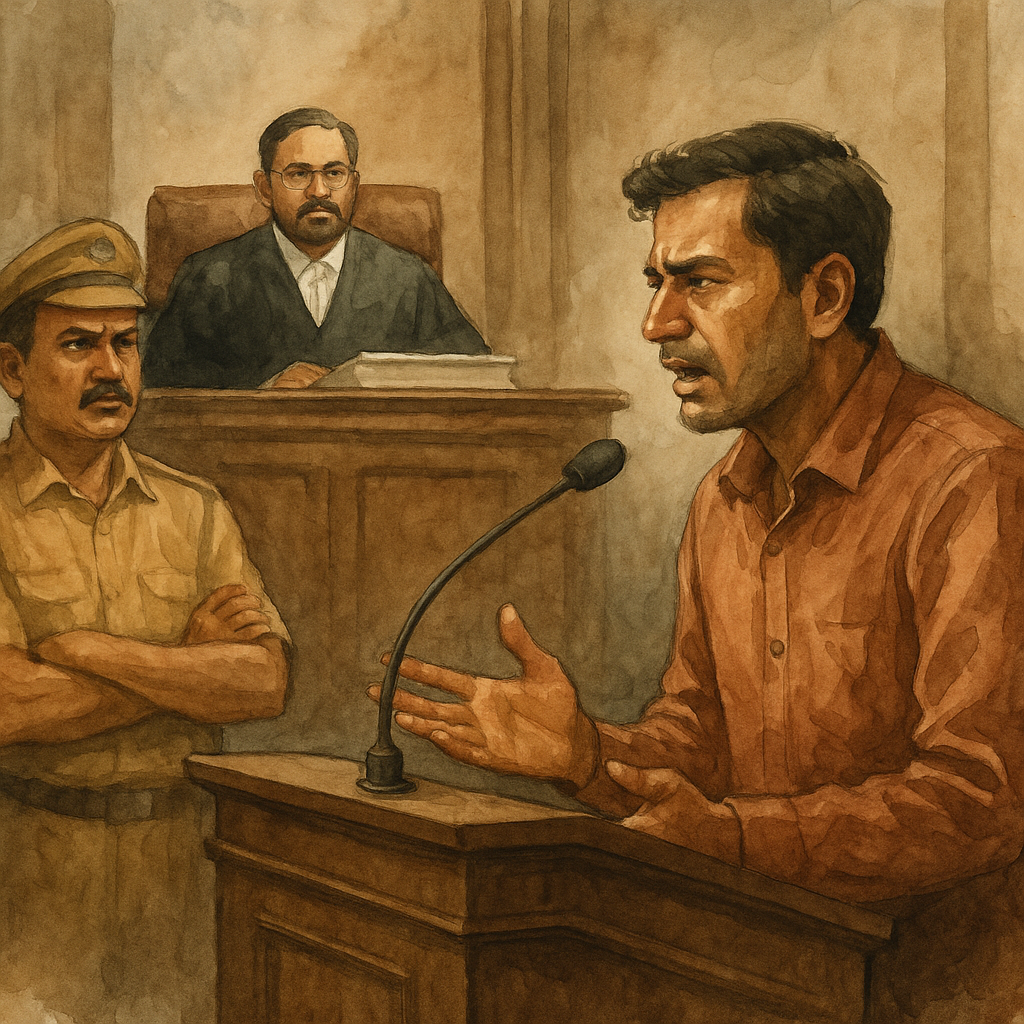Simplified Explanation of the Judgment
In a recent decision, the Patna High Court addressed a significant procedural lapse involving the blacklisting of a contractor by the Rural Work Department of Bihar. The contractor had approached the court after discovering in 2023 that he had been debarred from participating in government tenders, based on an order dated 3 July 2017. Crucially, this debarment was for an indefinite period and had allegedly not been communicated to the contractor at the time.
The contractor claimed he became aware of the order only when he tried to participate in fresh tenders in 2023. He argued that he was neither issued a show-cause notice nor given an opportunity to explain his side, which is a basic requirement under the principles of natural justice.
The court agreed with the petitioner’s submission that any punitive administrative action—especially one with serious civil consequences like debarment from government contracts—requires prior notice and an opportunity for hearing. The failure to issue a show-cause notice was considered a grave procedural irregularity.
Moreover, the court noted that blacklisting a contractor for an “indefinite period” is inherently arbitrary and unjustified. Referring to the precedent set by the Supreme Court in M/s Chauhan Builders Raibareli v. State of Uttar Pradesh & Ors., the Patna High Court reiterated that indefinite debarments are not legally sustainable.
As the contractor had already suffered debarment for over six years, the court deemed it inappropriate to remand the matter for reconsideration by the authorities. Instead, it set aside the blacklisting order outright and allowed the writ petition.
Significance or Implication of the Judgment
This judgment has major implications for government departments and private contractors alike. It underscores that blacklisting cannot be arbitrary or indefinite, and must follow due process. Any deviation from this invites judicial scrutiny. For government contractors in Bihar and beyond, this decision reinforces the protection of procedural fairness and transparency.
For the state and its departments, the ruling is a strong reminder to adhere strictly to legal norms while issuing punitive orders. Departments must ensure that contractors are informed through proper legal channels and given a fair chance to respond before any disciplinary measures are taken.
Legal Issue(s) Decided and the Court’s Decision
- Whether the petitioner was given a proper notice before being blacklisted
➤ No. The court held that no show-cause notice was issued, which is a violation of natural justice. - Whether indefinite debarment is permissible under law
➤ No. The court followed the Supreme Court’s view that indefinite blacklisting is not legally valid. - Whether delay in communication of the blacklisting order invalidates it
➤ Yes. The court found that the order had not been communicated in a lawful manner. - Relief granted
➤ The impugned order dated 03.07.2017 was set aside and the writ petition was allowed.
Judgments Relied Upon or Cited by Court
- M/s Chauhan Builders Raibareli v. State of Uttar Pradesh & Ors., SLP (C) No. 32840 of 2018
Case Title
Madhav Prasad Singh v. State of Bihar & Ors.
Case Number
Civil Writ Jurisdiction Case No. 12454 of 2023
Coram and Names of Judges
Hon’ble Mr. Justice P. B. Bajanthri
Hon’ble Mr. Justice Ramesh Chand Malviya
Names of Advocates and who they appeared for
Mr. Vinayak Harshvardhan — for the petitioner
Mr. Gyan Prakash Ojha (G.A.7) and Mr. Ajit Kumar (A.C. to G.A. 7) — for the respondents
Link to Judgment
https://www.patnahighcourt.gov.in/ShowPdf/web/viewer.html?file=../../TEMP/70cf880e-3693-40c7-b53c-b81ffe53d080.pdf&search=Blacklisting
If you found this explanation helpful and wish to stay informed about how legal developments may affect your rights in Bihar, you may consider following Samvida Law Associates for more updates.









